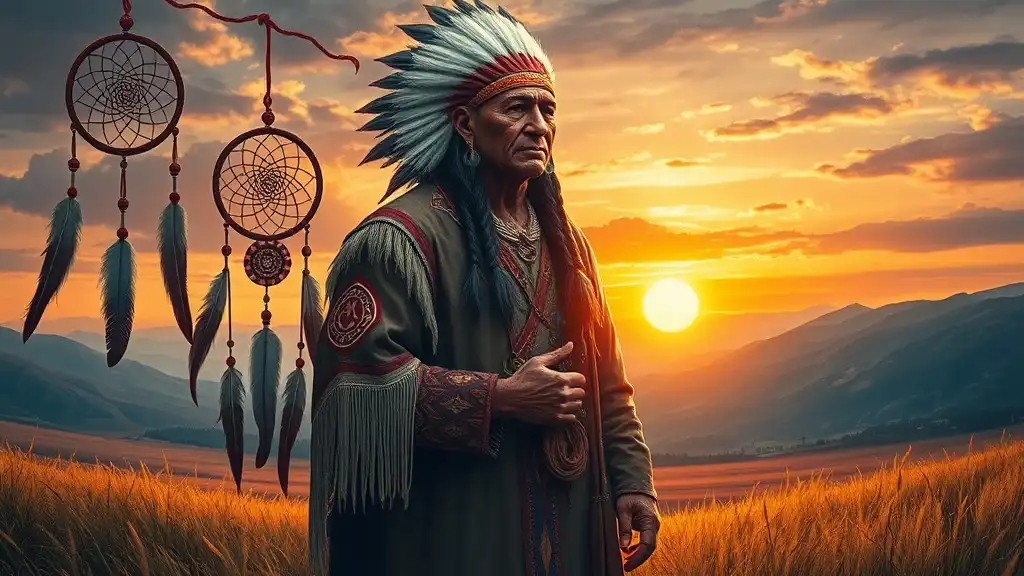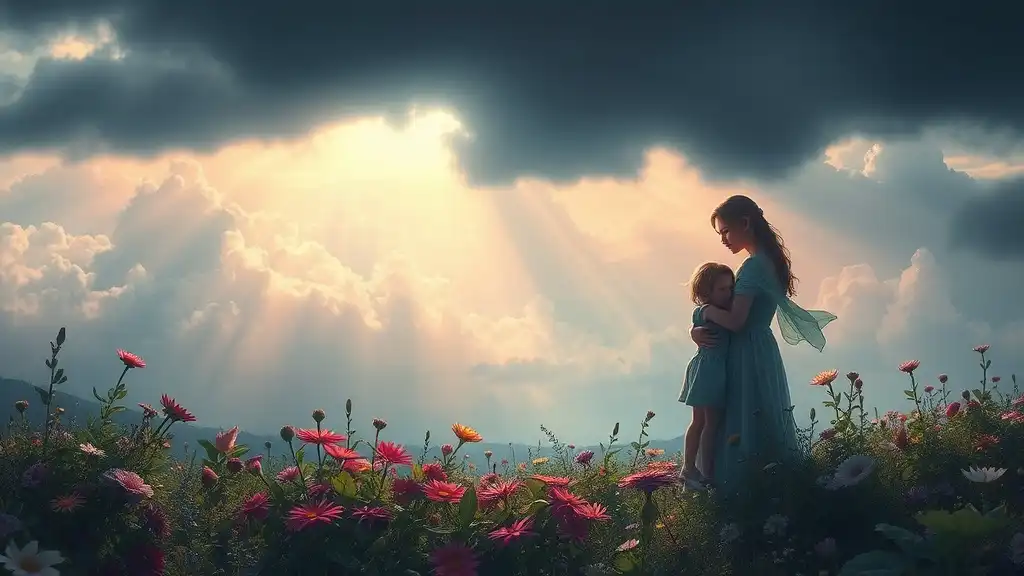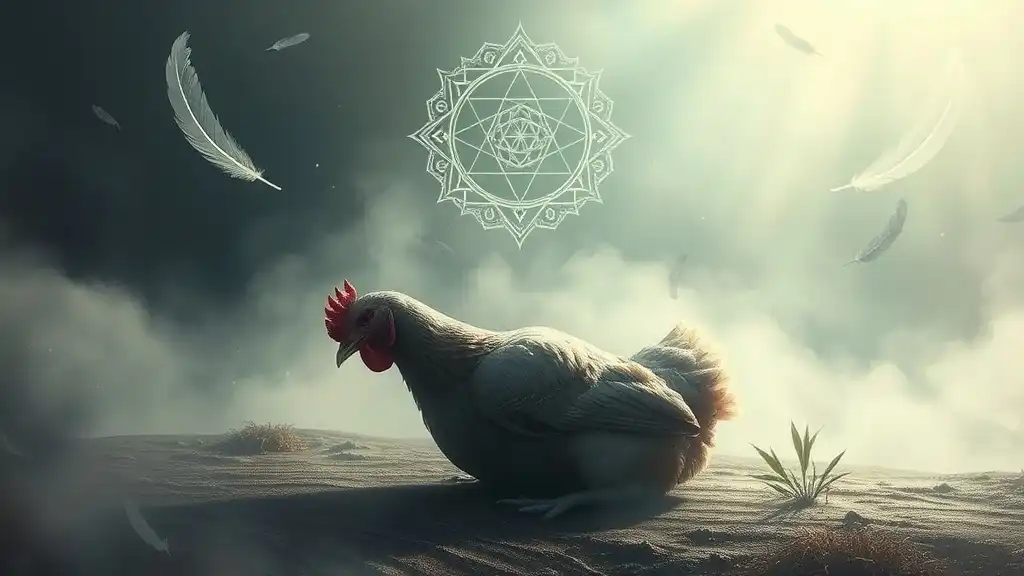The significance of indigenous cultures cannot be overstated, especially when it comes to the important role of Indian chiefs. These leaders have historically embodied the values, beliefs, and traditions passed down through generations. In examining the spiritual meaning of Indian chiefs, we uncover layers of symbolism and responsibility that transcend mere titles to embody the profound connection between leadership, community, and the natural world.
Historical Context of Indian Chiefs
The Role of Indian Chiefs in Indigenous Tribes
Indian chiefs have traditionally served as leaders and governors of their tribes. They are not only responsible for making decisions that affect their people, but also for representing their tribe in interactions with other tribes and often, colonial governments. The role of an Indian chief encompasses guiding their community in cultural practices, ensuring harmony, and upholding tribal laws and customs. This requires a deep understanding of tribal history, wisdom, and spirituality—qualities that underscore the holistic nature of their leadership.
The Impact of Colonization
The arrival of European settlers dramatically changed the landscape for Indian chiefs. With colonization came a loss of autonomy, as many tribes were forced to adapt to new power dynamics and external influences. Despite these challenges, indigenous cultures have shown remarkable resilience. Chiefs have historically still managed to maintain their roles as figures of authority and spiritual guides, adapting their leadership duties to a rapidly changing world while striving to protect their people's heritage and traditions.

Spiritual Significance of Indian Chiefs
Connection to Nature
One of the most profound aspects of an Indian chief's role is their deep connection to nature. This relationship is not merely physical; it encompasses a spiritual understanding that respects the balance of life. Many indigenous cultures believe that each natural element possesses a spirit or energy, embodying the interconnectedness of all beings. Chiefs are seen as guardians of this connection, reinforcing the idea that leadership involves stewardship of the earth and its resources.
Guardianship and Stewardship
In many tribes, chiefs are revered not just as rulers but as protectors of the community's land and heritage. Their leadership is seen as a spiritual responsibility—their actions must seek to preserve the tribe’s future. This stewardship extends beyond physical territory; it includes safeguarding the tribe’s customs, stories, and language. The spiritual duty of a chief is thus tied to their ability to create a sustainable path that honors the past while forging a viable future for the community.
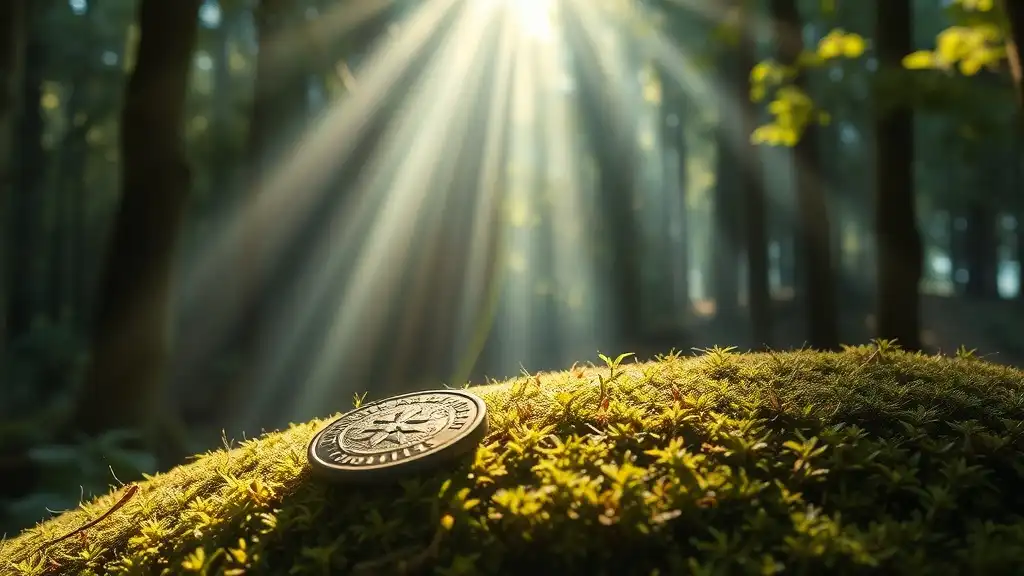
Symbols Associated with Indian Chiefs
The Feather
Feathers hold immense spiritual significance in many Indigenous cultures. They symbolize honor, truth, and freedom. A chief typically wears a feather or a feathered headdress, which is often considered a spiritual badge of honor representing achievements and wisdom earned through profound experiences. The act of receiving a feather is often a ceremonial process, marking a critical moment in a person’s life and a deeper connection to the community and the spiritual realm.
The War Bonnet
The war bonnet is perhaps one of the most recognized symbols associated with Indian chiefs. Historically, it is worn during significant ceremonies, representing sacrifice, bravery, and honor. Each feather on a war bonnet often symbolizes a specific accomplishment, and the bonnet itself carries a deep spiritual connotation, indicating that the chief is a leader of valor and moral integrity.
Other Symbolic Elements
Beyond feathers and war bonnets, a range of tribal symbols represent various values and stories. Totems, for example, serve as spiritual guides and offer insights into the tribe’s history, values, and beliefs. Each element connects not only with the individual chief but also with the broader myths and heritages that define the tribe's identity.

The Indian Chief as a Spiritual Leader
Rituals and Ceremonies
Indian chiefs play a crucial role in leading rituals and ceremonies, which often serve as expressions of the tribe’s spiritual beliefs and communal identity. Whether it's seasonal celebrations, rites of passage, or healing ceremonies, the chief’s guidance imbues these events with profound meaning. Through these rituals, chiefs reinforce the spiritual ties that bind the community, nurturing a sense of belonging and collective purpose.
Community and Unity
A chief's ability to unify the community is a hallmark of their leadership. This unity stems from the chief’s commitment to fostering spiritual connections among the tribe. The role of an Indian chief as a mediator and peacemaker is essential, especially in times of conflict. They help bridge divides, ensuring that all voices are heard and maintain harmony within the community. This inclusivity reflects a broader spiritual principle that emphasizes the importance of collective consciousness in guiding the tribe’s journey.

Modern Interpretations and Representations
The Indian Chief in Contemporary Spirituality
In modern times, the image of the Indian chief has evolved, yet retains its deep-rooted spiritual significance in contemporary movements. Many people seek to reconnect with these ancient wisdoms as they navigate an increasingly complex world. The teachings and practices associated with Indian chiefs resonate with those looking for deeper spiritual understanding, environmental stewardship, and community focus.
Misinterpretations and Stereotypes
It is essential to address the misinterpretations and stereotypes that often surround the image of the Indian chief. Simplistic portrayals can diminish the rich heritage and spiritual practices unique to each tribe. Authentic representations honor the legacy of these leaders and recognize their role in safeguarding indigenous knowledge and spirituality. Respecting the lineage and authenticity of these practices is crucial for fostering an inclusive and respectful understanding of indigenous cultures.
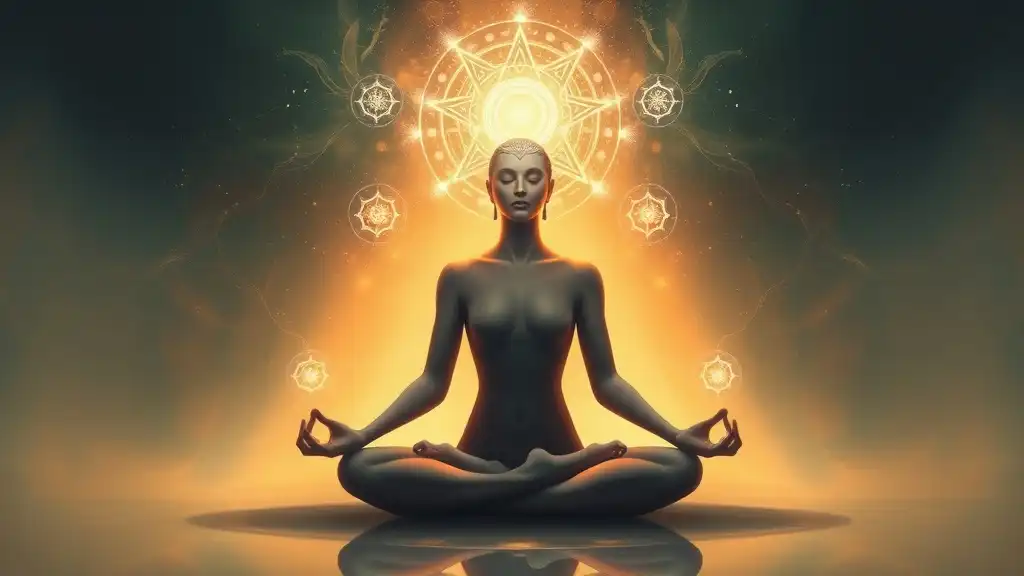
Conclusion
The spiritual meaning of Indian chiefs is interwoven with the values of leadership, community, and connection to the natural world. Understanding this significance is essential, especially in our contemporary context, where awareness of indigenous spirituality can foster greater respect and appreciation for these ancient cultures. As we deepen our understanding of Indian chiefs and their roles, we find ourselves called to embrace a holistic perspective that honors the past while nurturing a more harmonious relationship with our world today.

